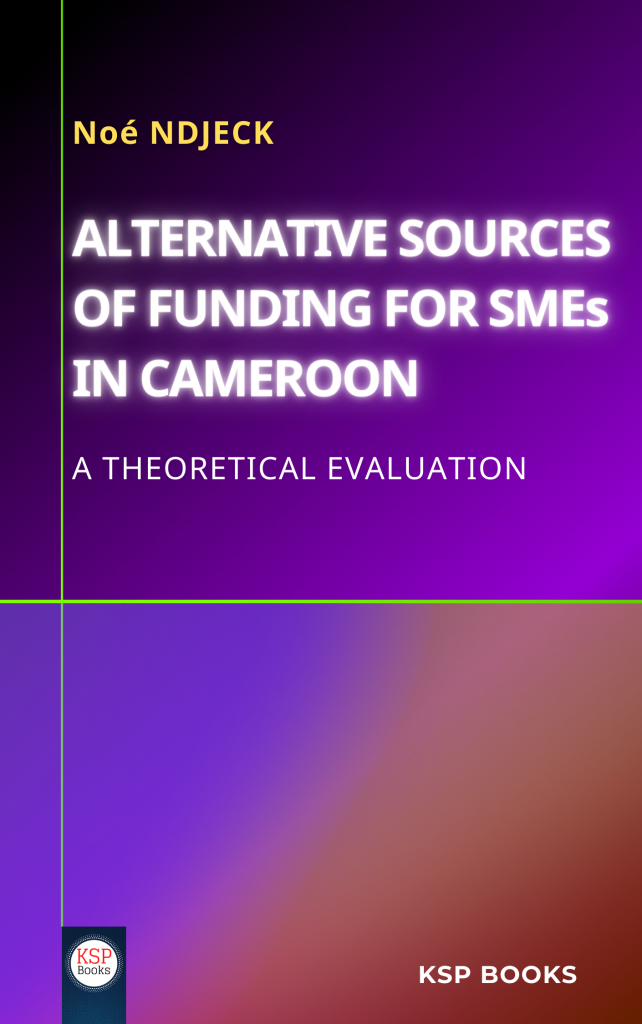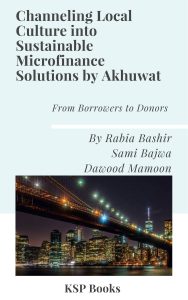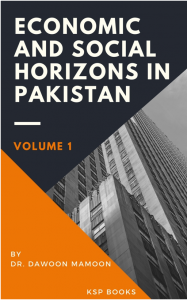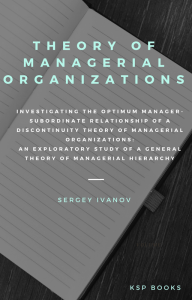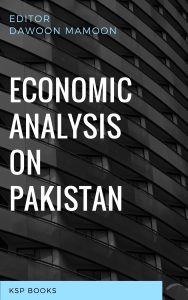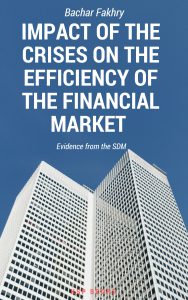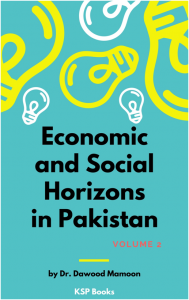Synopsis
The funding of SMEs is a real problem mainly in poor countries where it is difficult to get financial resources, but also almost impossible to cover an asset intended to be used in the company for years by a resource of the same duration. SMEs like any company seeking to survive and develop explores new ways to achieve secure funding. As banks hardly finance SMEs, they have to resort to alternative funding which is essentially short-term.
To inform SMEs of the range of alternative funding methods and to guide them in their choice, we thought it necessary to carry out a theoretical assessment of alternative funding for SMEs.
This assessment may be a new start in their fundraising strategies. As victims of the severe rationing of bank credit, SMEs mainly resort to short-term alternative funding: tontines, microfinance institutions, family help, help from friends, inter-company credit, associations, contributions of partners, leasing institutions, capital increases, disposals of fixed assets, venture capital companies and individuals. Meanwhile, SMEs sould fund both long and medium-term needs ans well as hort-term needs. It is therefore necessary to assess alternative funding for SMEs to fully understand the extent to which they can be resorted to cover their needs. This assessment also offers solutions calling on several actors of the economy.
Contents
About Author
ISBN
978-605-7602-91-6
Date of Publication
May 1, 2022
File Size: 2620 KB
Length: xx + 119 pages
This work is licensed under a Creative Commons Attribution 4.0 International License.
